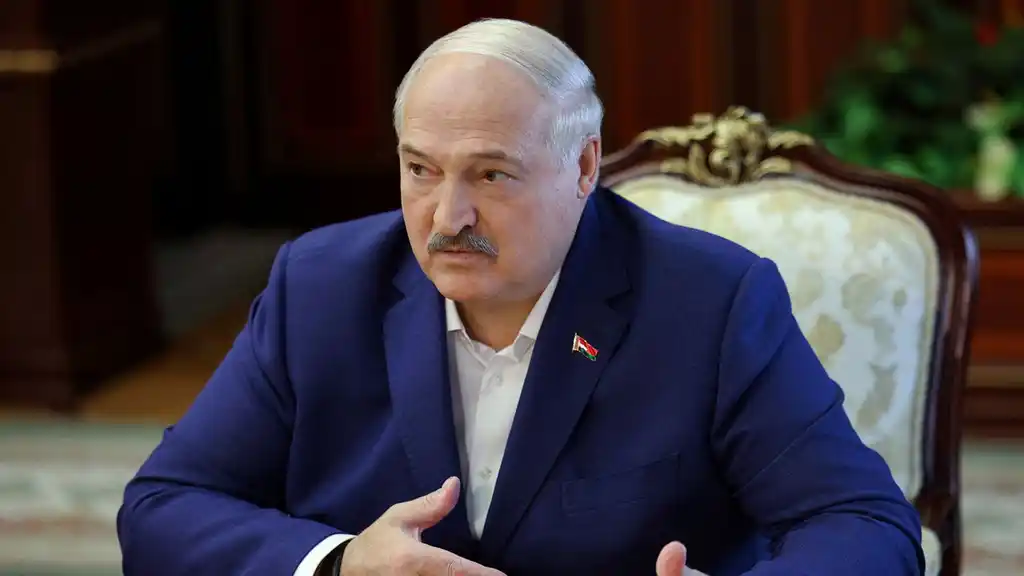Belarus Releases 52 Prisoners, U.S. Agrees to Sanctions Relief for Belavia Airline

Belarus has released 52 prisoners of various nationalities following an appeal from the current U.S. President, with the detainees traveling to Lithuania alongside a U.S. delegation that helped negotiate their release, according to the U.S. embassy in Vilnius.
The U.S. President urged Belarusian President Alexander Lukashenko, an ally of Russia’s Vladimir Putin, to free individuals described as “hostages.” Belarus later confirmed their release.
In exchange for this move, the United States agreed to ease certain sanctions on Belarus’ national airline, Belavia, allowing it to service and purchase parts for its fleet, which includes Boeing aircraft, a spokesperson from the U.S. embassy said.
This was the largest group of prisoners pardoned by Lukashenko so far, as he seeks to improve relations with the U.S. after years of isolation and sanctions on his country. However, the number falls short of the 1,300 to 1,400 prisoners the U.S. President had requested in recent discussions.
Among those freed was Ihar Losik, a journalist sentenced in 2021 to 15 years in a penal colony on charges related to inciting hatred and organising riots. It remains unclear if other prominent opposition figures, such as Nobel Peace Prize co-winner Ales Bialiatski, were included.
Sviatlana Tsikhanouskaya, leader of the Belarusian opposition in exile whose husband was released earlier this year, said the release represented only about 4% of political prisoners and did not signal a change in Lukashenko’s policies. She called the move a “trade in human lives” and urged the European Union to keep sanctions until democratic reforms are established.
Belarus’ official news agency reported that 14 foreign nationals from countries including Lithuania, Latvia, Poland, France, the UK, and Germany were among those freed.
John Coale, a lawyer heading the U.S. delegation, said the U.S. President expressed interest in reopening the American embassy in Minsk. Coale noted a letter delivered to Lukashenko was signed simply “Donald,” calling it a “rare act of personal friendship.”
Lukashenko praised the U.S. President for his efforts toward peace in Ukraine and expressed support for his mission, quoting claims of resolving several global conflicts. Lukashenko, who has ruled Belarus authoritatively for over 30 years, recently stated he would not free those he calls “bandits” threatening the state.
Plans for a meeting between the two leaders have been mentioned, with the U.S. President describing Lukashenko as a respected and strong leader.
The release occurred amid regional tensions, including Poland’s recent downing of drones attributed to Russia and upcoming joint military exercises between Russia and Belarus. Belarus borders several NATO countries and Ukraine. While Lukashenko has allowed Russian forces to operate from Belarusian territory during the Ukraine conflict, Belarusian troops have not directly engaged.
A human rights activist leading a U.S.-funded advocacy group’s Vilnius office said Lukashenko is using prisoner releases to bolster his standing with the West. He noted that while some prisoners are freed, arrests continue, and real change would require ending repression, allowing exiles to return, and the withdrawal of Russian forces.
Lukashenko denies the existence of political prisoners, saying those imprisoned are criminals responsible for their own fate.

pin77 casino https://www.pin77-ol.com